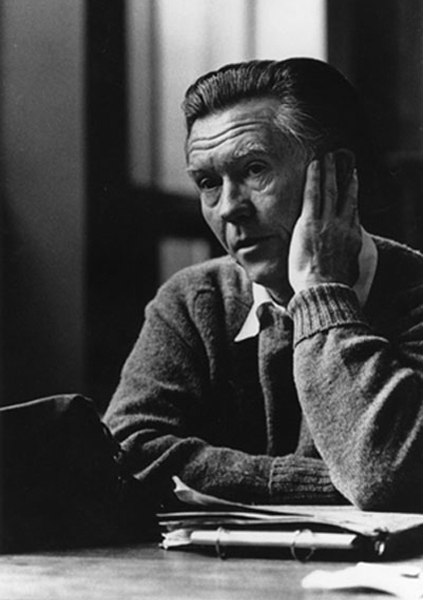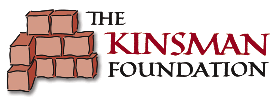About
William Stafford
William Stafford (1914-1993) was one of the most
prolific and important American poets
of the last half of the twentieth
century. Among his many credentials, Stafford served as consultant in poetry at
the Library of Congress, and received the National Book Award for his
poetry collection Traveling through the Dark (1963). During his lifetime,
Stafford wrote over sixty books of poetry that still resonate with both
scholars and general readers. Stafford's perspectives on peace, the environment,
and education serve as some of the most articulate and engaging dialogues by a
modern American writer about three of the most important issues of the second
half of the twentieth century with lasting impacts on future generations.
Howard Zinn, one America's most iconic modern historians, was keenly aware
of Stafford's insight into modern American culture. Zinn claimed, "William
Stafford's prose and poetry, wise and eloquent, speak directly to the violence
of our time, and to our hope for a different world" (from cover of Every War Has
Two Losers).
THE COLLECTIONS
The William Stafford Archives, donated to Lewis & Clark College by the Stafford family in 2008, contain the private papers, publications, photographs, recordings, and teaching materials of the poet William Stafford. The Lewis & Clark College Special Collections actively add to this collection by acquiring unique Stafford related materials.
Stafford wrote every day of his life from 1950 to 1993. These 20,000 pages of daily writings form a complete record of the poet's mostly early morning meditations, including poem drafts, dream records, aphorisms, and other visits to the unconscious, recorded on separate sheets of yellow or white paper or when traveling, often in spiral-bound reporters' steno pads.
The archive also includes typescripts of poems submitted for publication and for use in readings. Stafford listed where he submitted each poem, and whether it was accepted for publication on the typescript. Each of his published collections, large and small, is represented by its gathering of documentary copies (typescripts), called by Stafford a "put-together". Unpublished poems, poems published in journals, and reading copies of published poems were also gathered, in a virtually complete record from 1937 to 1993, totaling about 7,000 items. The collection also includes copies of all known Stafford books and translations.
Stafford saved correspondence received, with an indication of the date of reply, and sometimes a copy of the reply, from the early 1960s to August 1993. Estimated at 100,000 sheets, the collected correspondence contains some full exchanges of correspondence initiated by WS. One such exchange is the correspondence with Marvin Bell on their sequence Segues.
In addition to many photographs of and relating to William Stafford, the archive includes an estimated 20,000 photographs and negatives taken and developed by Stafford of fellow poets, family, friends, and Lewis & Clark College faculty.
The archive provides documentation of Stafford's teaching career, including more than one thousand index cards, some dating from research at Iowa, others from later. These were much used in preparing for classes, workshops, and lectures. The files also contain scattered notes for workshops and lectures. The archive also includes course syllabi, and faculty documents relating to Stafford's teaching years at Lewis & Clark College.

.gif)


